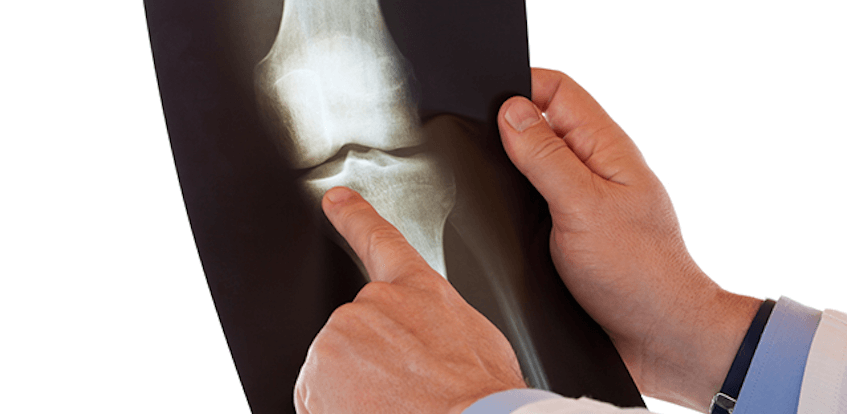
Even though osteoporosis is more prevalent in women overall, men are still at risk for developing the condition as well. The common misconception that the disorder only affects women is probably due to the fact that women are more at risk somewhat earlier in life than men. Osteoporosis usually starts around the age of 50, typically around the time most women experience menopause. However, men who are 70 years of age and older are at risk as well. Furthermore, because men are starting to age well beyond their 70s, it’s also a concerning health issue for men today.
Osteoporosis is Mostly Age-Related
Osteoporosis is basically a condition that refers to a general weakening of a person’s bones and is primarily an age-related condition. As people naturally age, their bones become more fragile since new bone formation starts to slow down. Women are mostly at a higher risk much younger for osteoporosis since their skeletons are somewhat smaller. Also, they lose estrogen while going through menopause, which contributes to bone loss as well. However, both men and women around the age of 65 are equal when it comes to losing bone mass.
Statistics show that about one in every four men over the age of 50 run the risk of breaking a bone because of osteoporosis. However, women are much more likely to be tested to determine their bone density and therefore start taking the appropriate supplements such as vitamin D and calcium once they break a bone.
Doctors suggest that any men who may have experienced a bone fracture age 50 years or older should ideally stay proactive and eat a well-balanced diet. Rather than thinking their fracture or break was just a mere accident, men need to view their incident as a wakeup call to start visiting their doctor more often, get a standard bone density scan, and really get serious about their health.
What the Latest Research Reveals
It’s not always due to the same reasons why older women and men get bone fractures. In order to get a better insight into why bone fractures and developing osteoporosis affect men age 65 and older, researchers are conducting a nationwide study. The team is primarily interested in discovering how the risk of fractures in older men is related to their lifestyle choices as well as their overall bone mass.
Ever since the study launched back in 2000, the male participants in the study return every couple of years for a comprehensive medical visit in order to thoroughly evaluate a number of things such as their bone density and overall muscle strength. They also undergo a variety of related tests and complete a detailed questionnaire concerning their general health and daily habits. Also, three times a year the men stay in contact by postcard to report any fractures they may have sustained due to a fall. Over 14 years later, nearly 600 men located in Southern California continue to be a part of this significant study.
The study itself has brought a number of things to light. Aside from being over the age of 75, researchers discovered several other things that are related to an increased risk of getting a hip fracture regarding older men, including the following:
• Parkinson’s disease
• Previous heart attack
• Previous fracture over age 50
• Hyperthyroidism
• Tricyclic antidepressant use
• Greater height
On the other hand, men who participated in the study who could easily get in and out of a chair and also had a good gait were much less likely to get a hip fracture in general.
How to Decrease Bone Fractures and Osteoporosis
• Limit alcohol intake
• Stop smoking
• Consume adequate amounts of vitamin D and calcium along with eating a nutritious diet
• Perform weight-bearing exercises at least 30 minutes every day
If you’re over the age of 50 and you’ve already had a bone fracture, talk to your doctor about taking prescription glucocorticoid medications since a common side effect is bone loss.
There is no ads to display, Please add some

